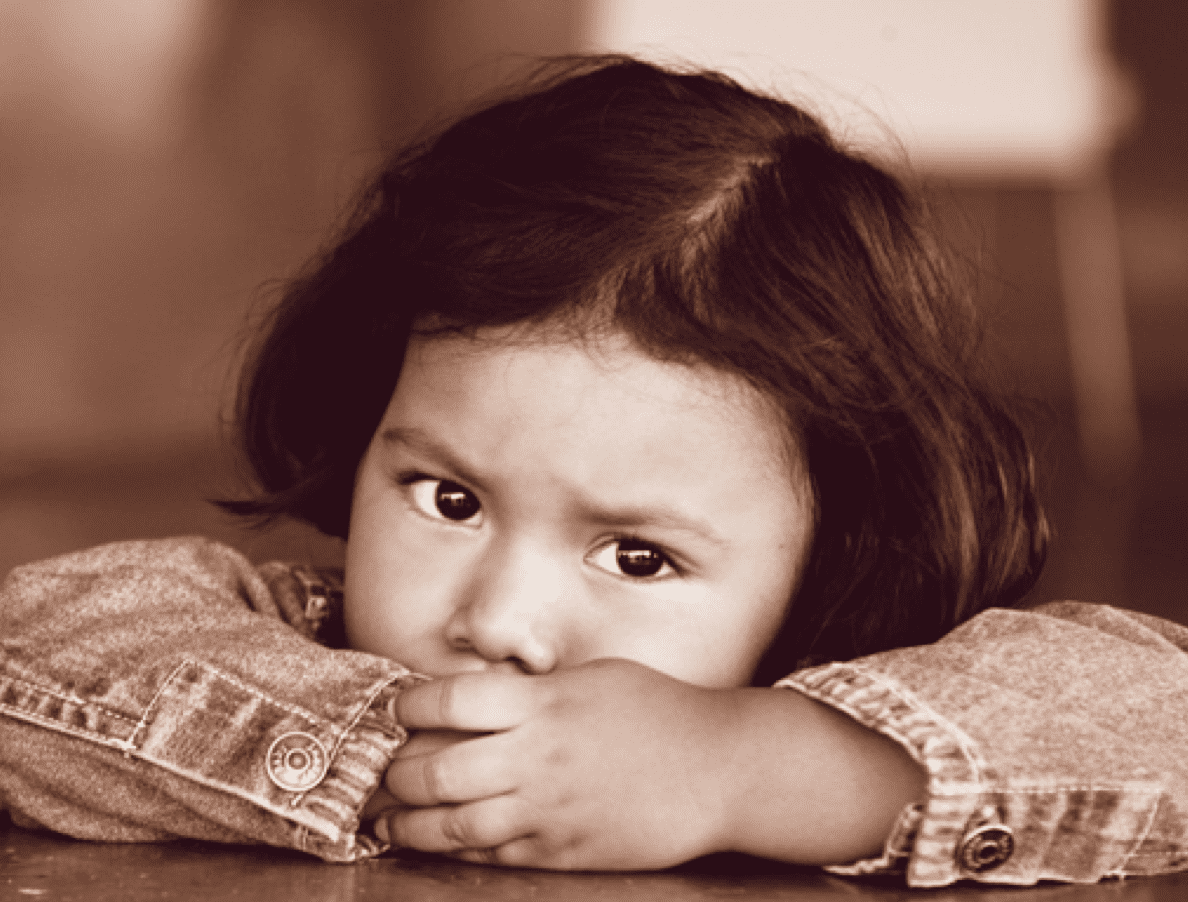
Early childhood transitions research: A review of concepts, theory, and practice
Children face many important changes in the first eight years of life, including different learning centres, social groups, roles and expectations. Their ability to adapt to such a dynamic and evolving environment directly affects their sense of identity and status within their community over the short and long term. In particular, the key turning points in children’s lives – such as ‘graduating’ from kindergarten to primary school or going through a culturally specific rite of passage – provide challenges and opportunities for learning and growth on multiple levels.
This paper provides a review of the major perspectives in research on early childhood transitions and reveals the predominant areas of focus in both academic and professional studies, as well as important neglected viewpoints and study populations. Beginning with a broad and inclusive definition of the topic, the authors provide an overview of early childhood transitions research, highlighting the underlying assumptions that informed the studies. They assess concepts in the developmental theory that preceded transitions research as well as in the logic that determines how transitions are structured. More recent approaches are examined, including systems theories and the role of children as active participants in transitions.
Several examples in this review show how multidisciplinary collaboration and culturally sensitive interventions can result in better participation of both parents and children in crucial early childhood transitions. Citing the need to harmonise early childhood education and care programmes with local education practices, the authors stress the value of greater transparency in the creation of policy and programming for children, in order to identify potentially limiting assumptions. Broadening and diversifying perspectives on transitions can lead to more integrated and culturally relevant rights-based early childhood programmes worldwide.
For the full paper, please click here.
